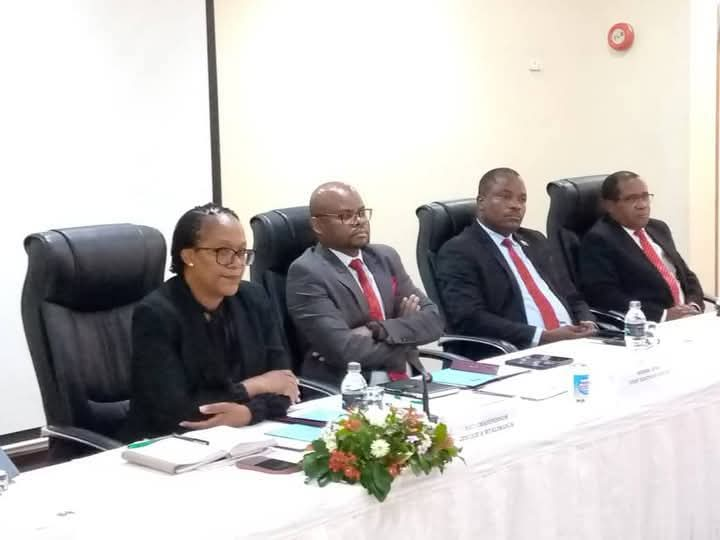By Burnett Munthali | Malawi Freedom Network
As Malawi marches toward the much-anticipated September 16, 2025, general elections, political rhetoric is intensifying, and so are public expectations.
President Lazarus Chakwera recently found himself in the spotlight after a campaign statement made in Rumphi sparked widespread confusion and debate.
While addressing a gathering in the northern district, Chakwera told the crowd that newly born babies would receive MWK 50,000 from the government under a new social support initiative.
However, the figure he cited contradicted earlier policy announcements, which promised a MWK 500,000 birth incentive aimed at supporting young families and reducing infant poverty.
Following public outcry and mockery on social media, Chakwera quickly issued a clarification, saying it was a slip of the tongue and reaffirming that the actual figure is MWK 500,000.
The incident has fueled both skepticism and satire, with critics arguing that such slips reflect either poor preparation or a lack of seriousness in delivering critical promises.
Supporters, however, have defended the President, calling it a minor human error in the heat of a high-stakes campaign.
The baby bonus program is one of the flagship pledges under Chakwera’s second-term bid, intended to demonstrate the administration’s commitment to inclusive growth and social protection.
Yet, questions remain about the practicality and financing of such a large-scale program, especially in a struggling economy marked by budget deficits, inflation, and rising debt.
Economists have cautioned that unless clearly funded, the baby bonus may end up as another unsustainable populist promise aimed at winning votes rather than solving real problems.
Opposition parties have seized on the blunder, accusing Chakwera of misleading voters and making promises he cannot keep.
They argue that if the government is struggling to provide essential services such as medicine in hospitals, funding a K500,000 grant for every newborn may be unrealistic.
The controversy also touches on the broader issue of trust in political messaging, particularly in the final stretch of a heated election season.
With just over a month before Malawians head to the polls, voters are scrutinizing campaign pledges more closely than ever.
Chakwera’s slip may have been unintentional, but it has added fuel to an already tense political climate, where every word is weighed and every promise tested.
The ruling Malawi Congress Party (MCP) has since moved to control the narrative, with officials reaffirming their commitment to pro-poor policies and delivering on campaign promises.
Political analysts believe this incident, while not fatal to Chakwera’s campaign, serves as a reminder of the importance of precision and credibility in campaign communications.
As the countdown to the September 16 polls continues, the electorate will be watching not only for big promises but also for clarity, honesty, and practical delivery plans.
The road to the elections is proving to be a delicate balancing act between political ambition and economic reality.
Whether the President’s clarification restores confidence—or raises further doubts—remains to be seen in the court of public opinion.




